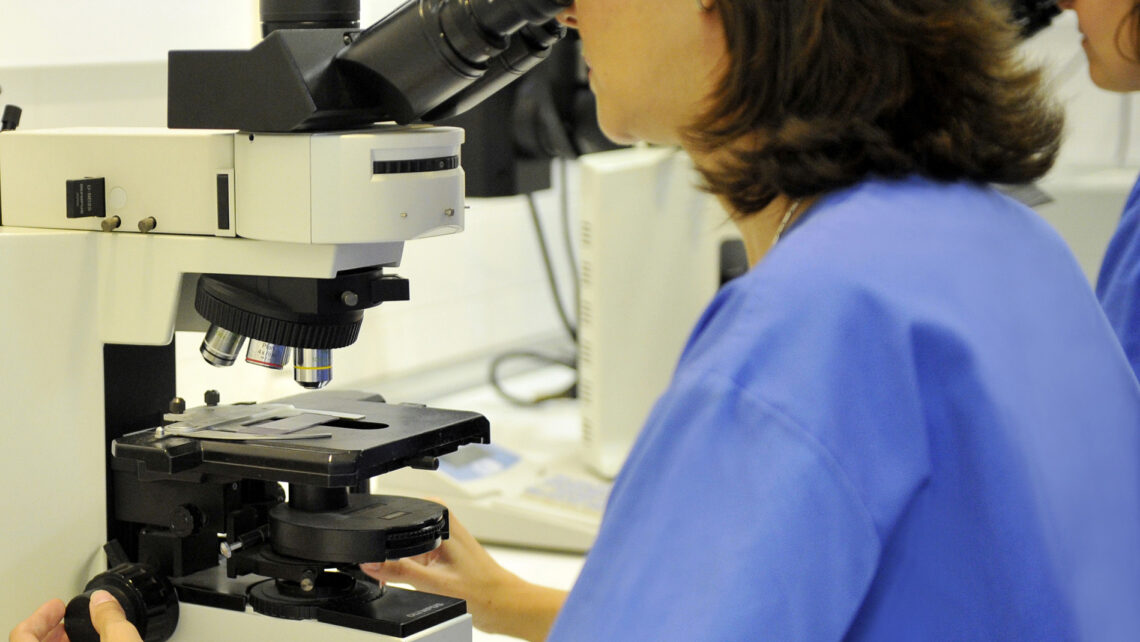
The option of avoiding serious illnesses in our children: a study on recessive disease carriers
Recessive diseases are hereditary diseases. They are not common but they are often serious and incurable. They have the peculiarity that a person may be a carrier but does have any health issues. It is for this reason that they are called ‘healthy carriers.’
This circumstance makes diagnosis particularly difficult since we can come across families in which the disease has not previously come to light. As such, until recently, it was impossible or very difficult to know if a person was a carrier or not.
Most of us are healthy carries of some form of recessive disease and, on the whole, this is not an issue as long as our partner is not a carrier of the same disease, in which case there are implications for our children.
Risk when both members of the couple are carriers
In those cases where both partners are healthy carriers of the same disease, there is a 25% risk that a child from that couple will develop that disease. Additionally, there is a 50% risk that the child will be a healthy carrier of the same disease as the parents and this also has implications for his/her children.
Studying carriers of recessive diseases initially began in order to analyse cases of couples and/or women undergoing treatment with donated gametes (both semen donation and egg donation). The aim is to select a donated gamete which is free of the same illness as the patient. This ensures that the child is not affected.
Nowadays, this is also possible in couples undergoing assisted reproduction treatment with their own gametes as well as in couples who do not have reproduction issues. Being a carrier has no connection to reproduction issues.
What is the carrier’s study about?
At Instituto Bernabeu, by means of a simple blood test, we genetically diagnose the 600 or 3000 genetic diseases (depending of the study mode). This study enables us to know if we are recessive disease carriers or not. If we are not, the risk of our child having such an illness is very low.
If we are carriers of any of these diseases, a study of our partner is necessary in order to determine is he/she is a carrier of the same disease. If this is the case, there are measures which can be taken and treatments which can be given in order to avoid transmitting this disease to our children, meaning that they will be born free of it.
In short, this study enables us to know our condition as a recessive disease carrier, an issue which has implications for our children’s health. It therefore implies having the capacity to prevent and avoid these illnesses amongst our descendants. These are, on the whole, serious and often incurable diseases. We perform the GCT to all our donors, so all our embryo adoption and donated gametes patients can take advantage of this.
To perform it, we use our own NGS technology, making the complete exome, which enables compatibility with any other modality of genetic compatibility test (TCG).
Dr Andrea Bernabeu, PhD. Medical codirector of Instituto Bernabeu.
THE FOLLOWING MAY ALSO BE OF INTEREST TO YOU
